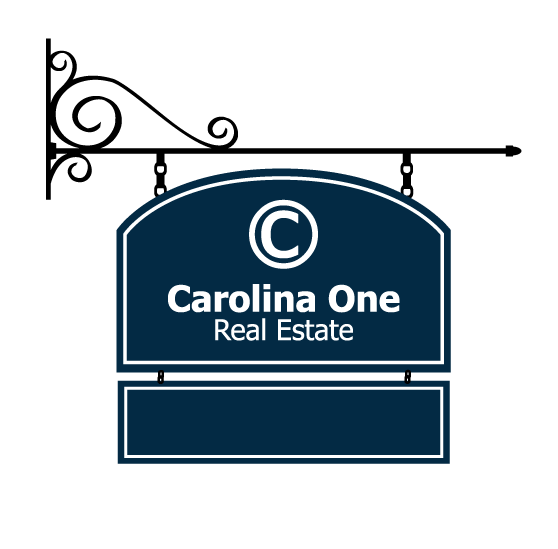How an Appraiser Determines Home Value
Posted by Lee and Katherine Keadle on Monday, February 6th, 2017 at 2:21pm.

When a homeowner starts considering selling her property, she often visits one of the top national real estate websites like Zillow or Trulia in order to find her home’s value. When she finds that her Zestimate (or Zillow estimate) is $480,000, she’s thrilled! And she’s determined to get that exact price when she sells her home.
As we’ve written about before, online estimates such as the Zestimate have a 7.4% median error in our Charleston SC real estate market. This error in the algorithm can go above or below the actual value, meaning that the $480,000 could be off by $71,040! Online home value estimators are helpful for using as a starting point, but their algorithms don’t take into account factors such as:
- Upgrades (the $30,000 kitchen you just renovated)
- Lot desirability (if your home backs up to woods or water, buyers will pay more for it)
- Neighborhood trends (certain streets and neighborhoods can sell better than others that are just two miles away)
- Floor plan (buyers want an open, functional layout)
- Showability (homes that are clean, decluttered, painted with neutral colors, and well decorated always sell better)
Factors for Determining Appraisal Value
In order to determine the true value of your home, a real estate appraiser researches comparable homes that have sold in the past five months. He’ll try to find sales within the same neighborhood, but if that’s not possible he’ll usually stick to about a ten mile radius using communities that are the most similar in terms of size, age, home styles, and zoned schools.
When comparing your specific home to other comps, here are the main factors he’ll use:
- Price per square foot
- Square footage and the number of bedrooms and baths
- Features such as a garage, fireplace, pool, fenced backyard
- Cosmetic renovations and upgrades to the kitchen and baths
- Functional and mechanical improvements such as a new hot water heater, roof, or HVAC
- Whether the neighborhood has a stable turnover with home sales (using current for sale inventory and the average days on market)
- Whether an HOA (Homeowners Association) presides over the neighborhood. If the home is a condo, your appraiser will usually want proof that the management company is in good standing and that there are no pending litigations or assessments.
- Flood zone determination
- Any energy efficient features
The appraiser will use these factors to make sure he’s comparing apples and apples. It’s impossible to find two identical homes – much less the four or five that are typically used as comps in an appraisal. However, using his knowledge of the local market, he’ll be able to come up with the best options possible in the past 5 months’ history. As you can imagine, his report (which is usually about a 30 page document) provides a very in depth look with full statistics and photos.
Comparing Appraisers, Realtors, and Computers
Both appraisers and real estate agents have been licensed and trained to determine market value. An appraisal can cost between $350-500, and these are usually only ordered by mortgage lenders when they’re preparing a refinance or a purchase for a home buyer.
The report that a real estate agent uses is called a CMA (comparative market analysis). Realtors prepare these reports free of charge for their clients (both buyers and sellers).
It can be tempting to rely on online estimates such as Zestimates because the information is fast and free. However, no algorithm – no matter how advanced – can use local trends and knowledge in order to come up with an accurate home value. If you’re considering buying or selling a home, do your research online and also work with an experienced Realtor to help protect your purchase and guide you smoothly through the process!


